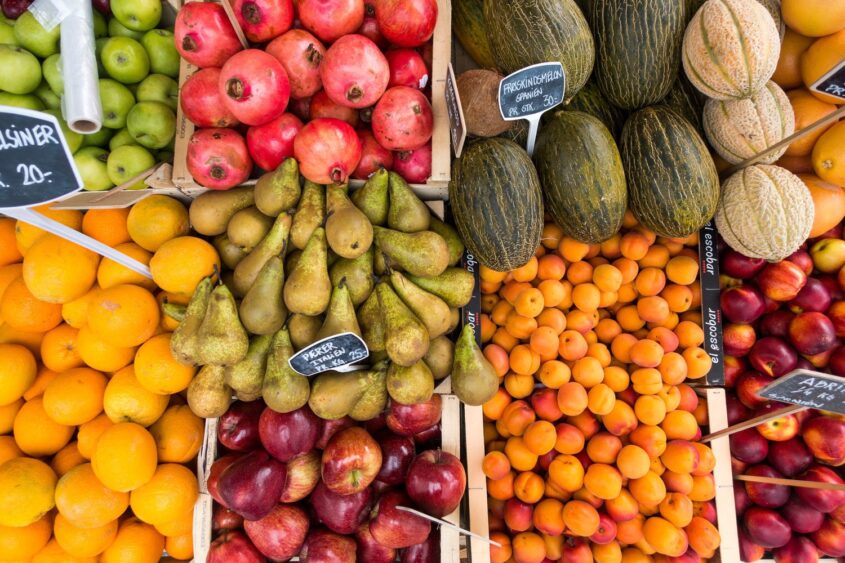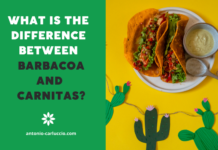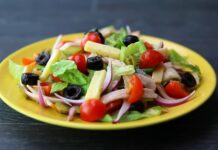
Whether you are a vegetarian, vegan, or simply learn toward a plant-based lifestyle, there are plenty of reasons to cut down on animal products. A plant-based diet may reduce your risk of conditions like heart disease and diabetes, control your weight, and even save you money. These habits can also be better for the environment. However, many people may be concerned about getting the proper nutrition from a plant-based diet.
Fortunately, when approached the right way, plant-based eating can be both satisfying and nutritious. This simple guide can help vegetarians, vegans, and anyone else commit to a healthy plant-based lifestyle.
Understand the Differences Between Plant-Based and Animal-Based Diets
There are a few key differences between plant-based and animal-based diets.
– First, plant-based diets consist of only plants – no meat, poultry, or fish. This means that all the protein in a plant-based diet comes from plants.
– Second, plant-based diets are low in calories and fat. This is because plants contain very little of these nutrients. In fact, a vegan diet typically has fewer calories than a typical American diet.
– Third, plant-based diets are high in fiber and antioxidants. These nutrients help to protect cells from damage and improve overall health.
– Finally, plant-based diets are generally healthier than animal-based diets. Animal-based diets often contain high levels of cholesterol, saturated fat, and sugar. These unhealthy foods can lead to heart disease, stroke, and other health problems.
If you’re looking to improve your nutrition, Supergut offers you a lot of different protein products you can choose from.
Start with vegetables
Many people are used to planning their meals around meat or grains. However, it’s important to cut this habit when eating a plant-based diet. By doing so, you can avoid filling your plate with foods like meat substitutes and pasta. While it may seem simple, the key to a healthy plant-based diet is to eat plenty of vegetables. These foods are full of vitamins and minerals, and you will increase your own nutrition by piling them on your plate. Once you start with a base of vegetables, you can add proteins, fats, and whole grains to your meal.

Enjoy plant proteins
When you tell someone you eat a plant-based diet, chances are that they will voice concern for your protein intake. Fortunately, getting protein from plants is not as hard as it sounds. If you eat eggs and dairy, these foods can be great sources of protein. Some protein sources that are not animal-derived include tofu, lentils, nuts, seeds, legumes, and whole grains. By including some sort of plant-based protein in every meal, you can feel full and energetic throughout the day.
Take the right supplements
If you are eating a plant-based diet, be sure to talk to your doctor about supplements. They may recommend that you take vitamin D and vitamin B12. Other popular supplements for vegans and vegetarians are omega-3 fatty acids, iron, and calcium. Before you start taking anything, your doctor may want to run blood work to check in with your current nutritional needs. They can also recommend which dietary supplement manufacturers make the highest quality products.
Optimize your snacking
Meal times aren’t the only opportunities to nourish your body. Snacks can also pack a nutritional punch. Rather than reaching for a bag of chips or pretzels when you’re hungry, take an opportunity to eat some protein and other vitamins. For example, carrots and celery dipped in hummus can be a satisfying snack. Nut butter on toast or a piece of fruit may also satisfy your craving. While it might take time to adjust your snacking habits, the switch will be worth it. Start by introducing more healthy snack options to your day. Eventually, the nutrient-rich foods will become your go-tos.

Have fun
A plant-based diet offers an opportunity to experiment with recipes and try exciting new foods. So, remember to have fun with this process. Your plant-based journey does not have to be full of rigid rules. Rather than restricting your food habits, listen to your body and eat what feels right. As you learn some go-to recipes, you can adapt your cooking with your cravings and the season. Meal times will become an adventure rather than an obligation.
No matter your reasons for eating a plant-based diet, you can find ways to nourish your body and feel your best. With so many fun recipes and delicious ingredients available, you will master this lifestyle in no time. Just be sure to check in with yourself and your doctor to make dietary adjustments as your health needs change. By doing so, you can enjoy a vibrant life for years to come.











